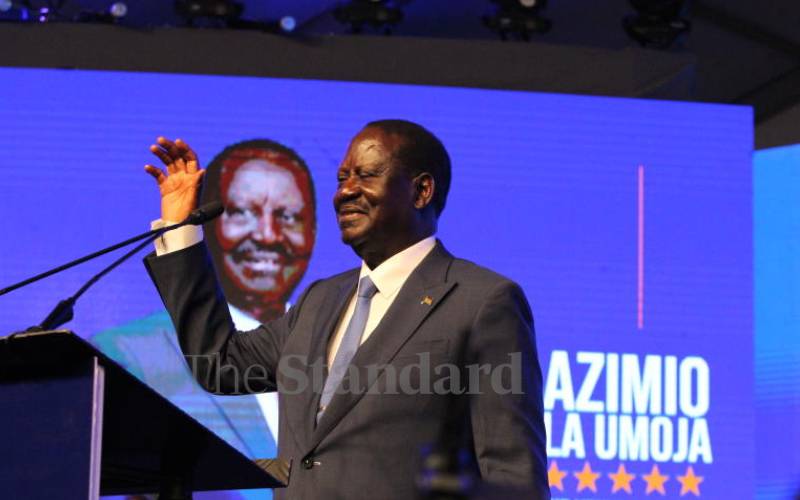×
The Standard e-Paper
Kenya’s Boldest Voice

Azimio presidential candidate Raila Odinga’s plan to revive the textile industry by limiting importation of second-hand clothes has kicked up a storm.
During the launch of his manifesto in Nairobi on Monday, Raila promised to promote cotton growing and revive textile factories, suggesting the industry collapsed due to importation of mitumba clothes.